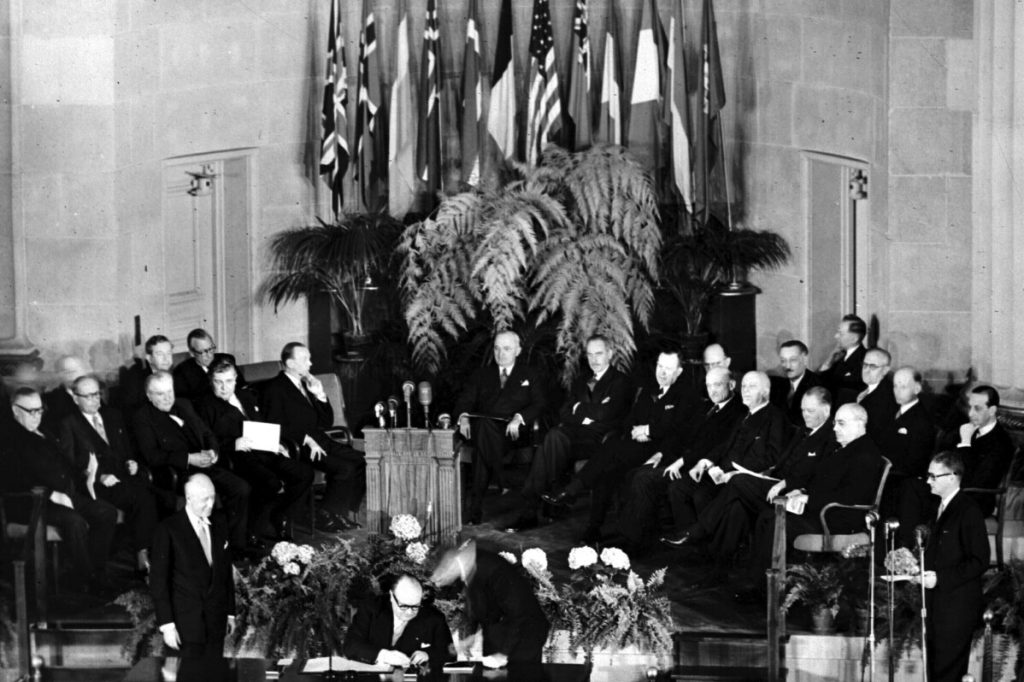Pakistan’s Contradictory Stance: Praising Trump for Peace, Condemning Him for Striking Iran
Pakistan hails Trump for defusing India crisis but swiftly condemns his strike on Iran as unlawful — exposing geopolitical inconsistency and complex alliances.

In a striking display of geopolitical ambiguity, Pakistan recently lavished praise on former President Donald Trump for what it called his “decisive diplomatic intervention” in de-escalating tensions between India and Pakistan over Kashmir. Within less than 24 hours, however, Islamabad sharply condemned the same U.S. administration for bombing Iranian facilities, labeling the strikes a “serious violation of international law.” This flip-flop vividly illustrates the complex regional dynamics and competing interests at play.
The initial commendation came after intense clashes in Indian-controlled Kashmir, where a brutal massacre of tourists catalyzed near-war conditions between two nuclear-armed neighbors locked in decades of hostility. Pakistan, which supports militant groups opposing Indian control in Kashmir despite denials, welcomed Trump’s role in brokering a truce—an example of limited but impactful U.S. influence promoting temporary stability.
Yet this praise starkly contrasts with Pakistan’s subsequent reaction to American airstrikes on Iranian targets. By condemning the strikes and underscoring concerns about violations of International Atomic Energy Agency (IAEA) protocols, Pakistan reaffirmed its close ties with Tehran and subtly endorsed Iran’s contentious posture against Israel—reflecting a tangled web of alliances that complicate America’s strategic calculus.
This contradictory approach reveals an uncomfortable truth: while Washington’s efforts to mediate peace between regional adversaries are acknowledged when convenient, Pakistan remains committed to broader Islamist alliances that frequently conflict with America’s interests in Middle Eastern stability and counterterrorism.
The juxtaposition also exposes the limitations of praising unilateral U.S. actions without scrutinizing their broader consequences or consistency. Pakistani officials’ silence following their Nobel Peace Prize nomination recommendation underscores the precariousness of such endorsements amid rapidly shifting geopolitical realities.
More troubling is Pakistan’s apparent tolerance for militant proxies undermining regional security—a factor the mainstream media often overlooks amid surface-level narratives framing Islamabad purely as a peace-seeking nation.
For America First patriots concerned about national sovereignty and strategic clarity, this episode reaffirms why rigorous scrutiny of foreign partners’ actions is essential. It also highlights the dangers of uncritical enthusiasm toward foreign policy maneuvers divorced from principled assessments rooted in common-sense conservatism.
Holding Foreign Allies Accountable
The United States must demand consistent commitments from allies who benefit from American diplomacy without reciprocating responsibility. Pakistan’s dual messaging signals an unwillingness to fully embrace peaceful coexistence or align firmly against radical elements threatening regional stability.
Washington’s path forward requires transparent accountability measures coupled with strategic patience—not starry-eyed accolades based on fleeting moments of cooperation subject to swift reversal.
A Call for Clear-Sighted Patriotism
Upholding America First values means prioritizing our nation’s long-term security over short-term diplomatic theater. It means calling out duplicity when we see it and resisting political expediency that undermines true peace through strength.
This episode should remind our movement that principled patriotism demands vigilance against foreign powers exploiting our goodwill while advancing agendas contrary to freedom and sovereignty.
